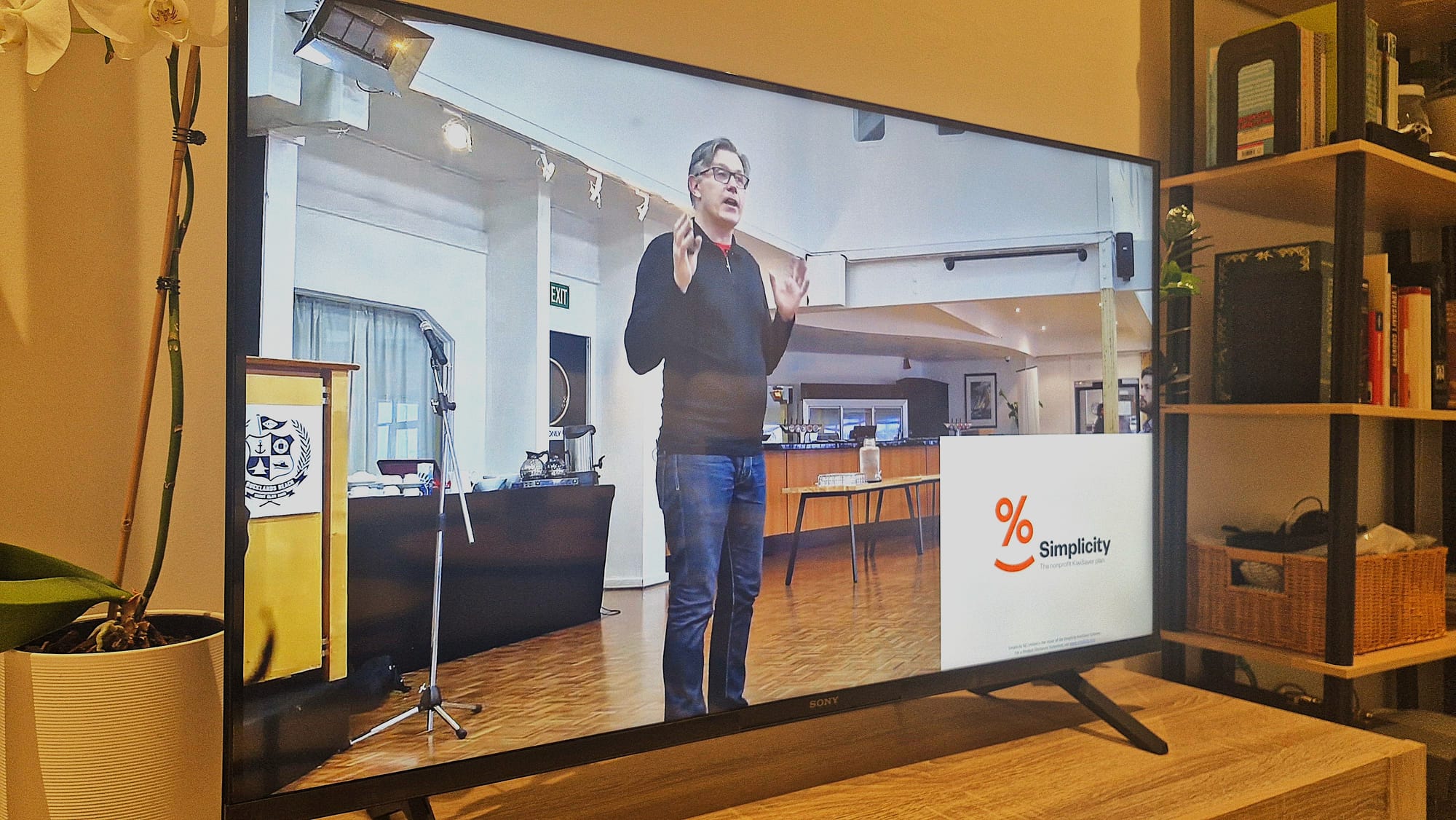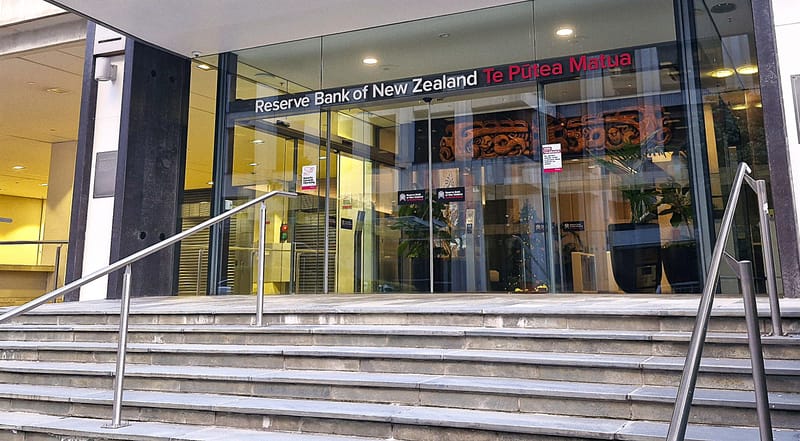PAUL MCBETH: Talent’s two-edged blade
The cult of personality carries as many risks as opportunities.
Paul McBeth is the editor of The Bottom Line and Curious News, having worked at BusinessDesk for 15 years. His KiwiSaver has been with Milford Asset Management since 2014.
When outspoken Simplicity chief Sam Stubbs threw out his two-cents on the killing of US conservative activist Charlie Kirk, he was simply doing the thing that helped build his brash KiwiSaver provider into what it is today – having an opinion.
He soon discovered that not only are social media posts very easy to bash out without finding quite the right words for what you’re trying to say, but there’s an army of people out there waiting to pounce with screenshots of a real or imagined slight to whip up a frenzy among their own followers.
Stubbs’ very quick realisation and rewording of the post didn’t quell the building offence taken, which gained its own momentum with just as much haste.
Cue the predictably public throwing of toys, with claims of switching KiwiSaver schemes and forcing the very accessible Stubbs to make a public apology – albeit with a few barbs of his own about the importance of free expression.
To be fair to Stubbs and his detractors, both have valid opinions.
The affable fund manager has very much worn his social conscience on his sleeve since launching the not-for-profit Simplicity, taking stands on both ethical and investing grounds – they’re often related – in his regular columns and interviews across the media. The fact that he shares his reckons so freely and forthrightly shouldn’t surprise anyone.
That ain’t workin’
Likewise, anyone is free to quit a service or refrain from purchasing the goods of someone whose beliefs, words or actions they find distasteful.
That’s the beauty of choice and as much as we all like to believe we only back businesses that share our worldview, we can probably find that secret vice buried deep in our subconscious where we continue to fork over good money for things we’d never voluntarily admit.
Putting the ins and outs of New Zealand’s foray into other people’s culture wars to one side, there’s a broader reputational issue at stake in the Simplicity chief’s post in separating a charismatic founder’s personal brand from that of the organisation they built.
Part of the genius of Stubbs’ Simplicity is how he backed himself to inject the low-cost provider into the public consciousness, eschewing the bills that come from long lunches with the mad men and women of advertising in favour of speaking his mind and saying controversial things.
We in the media lap that kind of stuff up, because the general public clicks on those stories and buys those newspapers.
To say Sam Stubbs is Simplicity in 2025 is a little simplistic, but cast your mind back to 2016 and that wasn’t necessarily an unfair characterisation. His penchant for drumming up publicity reached people in a way that the team behind him could then build on.
Just ask any small business owner how hard it is to make a splash when nobody knows your name.
More than words
And to be fair to Simplicity, it’s done what any maturing organisation should do and wean itself off its reliance on a single person – the sort of thing that might emerge in an investment document called key person risk.
Simplicity’s board is largely made up of independent directors and chaired by former Financial Markets Authority boss Rob Everett, and the team is much deeper than just its brash frontman, who’s increasingly sharing the limelight with the firm’s just-as-outspoken chief economist Shamubeel Eaqub, showing a dab hand in maintaining the organisation’s vocal brand beyond Stubbs.
That’s a healthy sign of an organisation knowing it’s more than one person, and something that we all too often lament when an entrepreneur can’t quite hand over the keys to someone whose skills are more in tune with taking a great idea and turning it into a well-run machine.
We’ve seen similar moves in the financial services space, where the late Brian Gaynor of Milford Asset Management and Carmel Fisher of Fisher Funds were key in building that name recognition. Both were go-to people for those of us outside the investing community with a penchant for explaining hard ideas and providing forthright opinions.
While neither organisation was ever just a single person, the institutions are far more secure in themselves without the perception that they’re inextricably linked to a dominant personality.
Of course, sometimes it’s the personality that rightly outshines the organisation.
Trust in me
People don’t invest in Tesla because it revolutionised how we think about electric vehicles – they back it because of the eccentric genius that is Elon Musk.
Which is why its chair Robyn Denholm has been defending the eye-watering compensation Musk stands to pocket if shareholders agree to the pay-packet at its annual meeting in November.
If Tesla’s owners agree, Musk stands to pocket about US$1 trillion of the US$6.6 trillion of new value he’s being tasked to create over the next 10 years. It’s no small feat to keep a compounding annual growth rate running at almost 16% a year for an entity of that size, but that’s a mighty big carrot to feed Musk’s voracious appetite.
Tesla’s board obviously recognises the key person risk and leans into it, along with its legion of shareholders – including plenty in New Zealand.
And while Tesla attracts its share of fanboys and would-be finance bros, there’s plenty of institutional investors out there who simply can’t stomach the rollercoaster ride of wondering what Musk is going to do next.
For hacks like your correspondent, that makes for great headline fodder and ticks the ‘names make news’ box, but for anyone trying to manage risk – be that a small-time investor or a company director – they’ll need spend a little more time getting comfortable with the vibe and little less time trying to fit it in a spreadsheet.
Image from Curious News.








